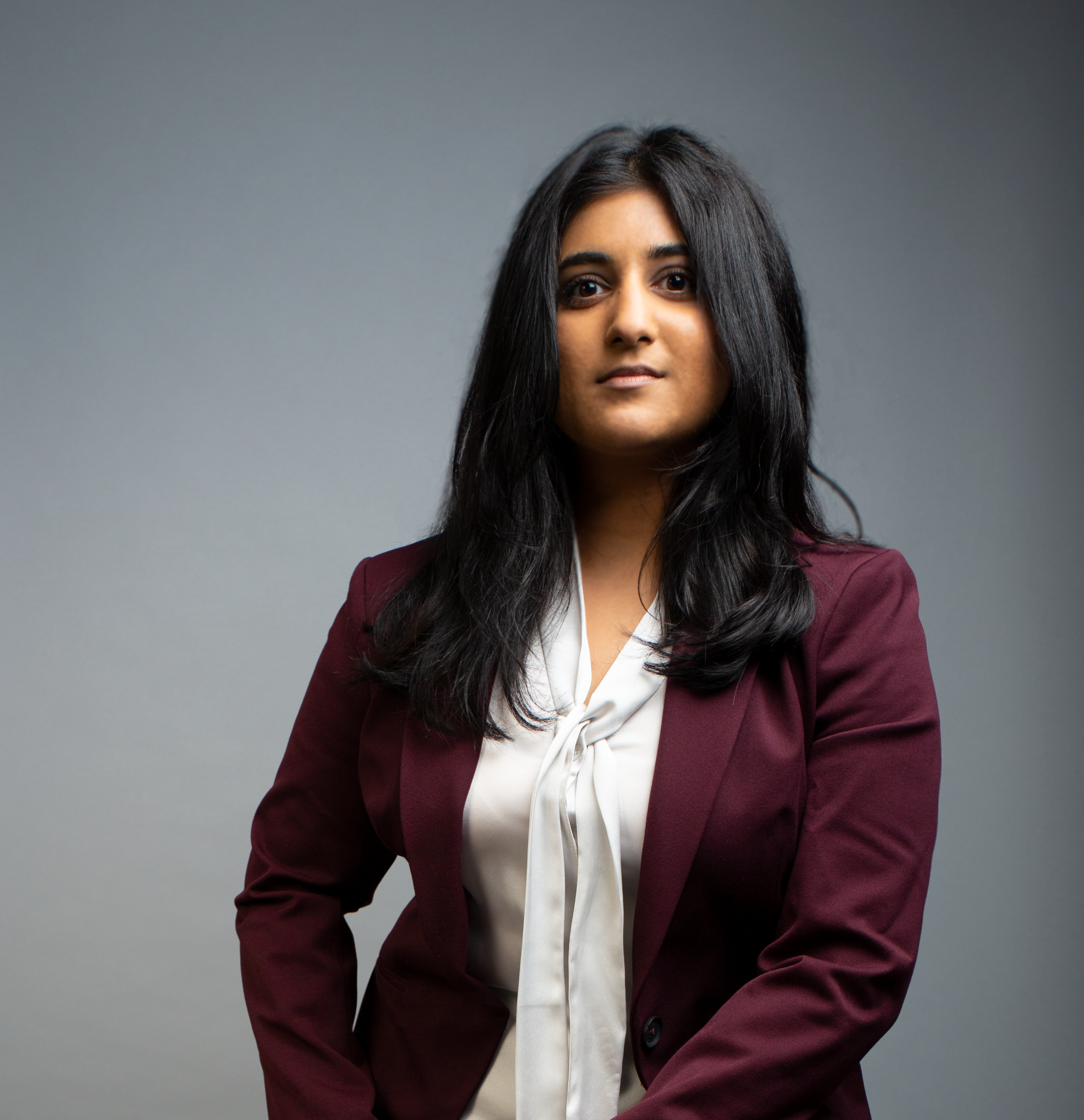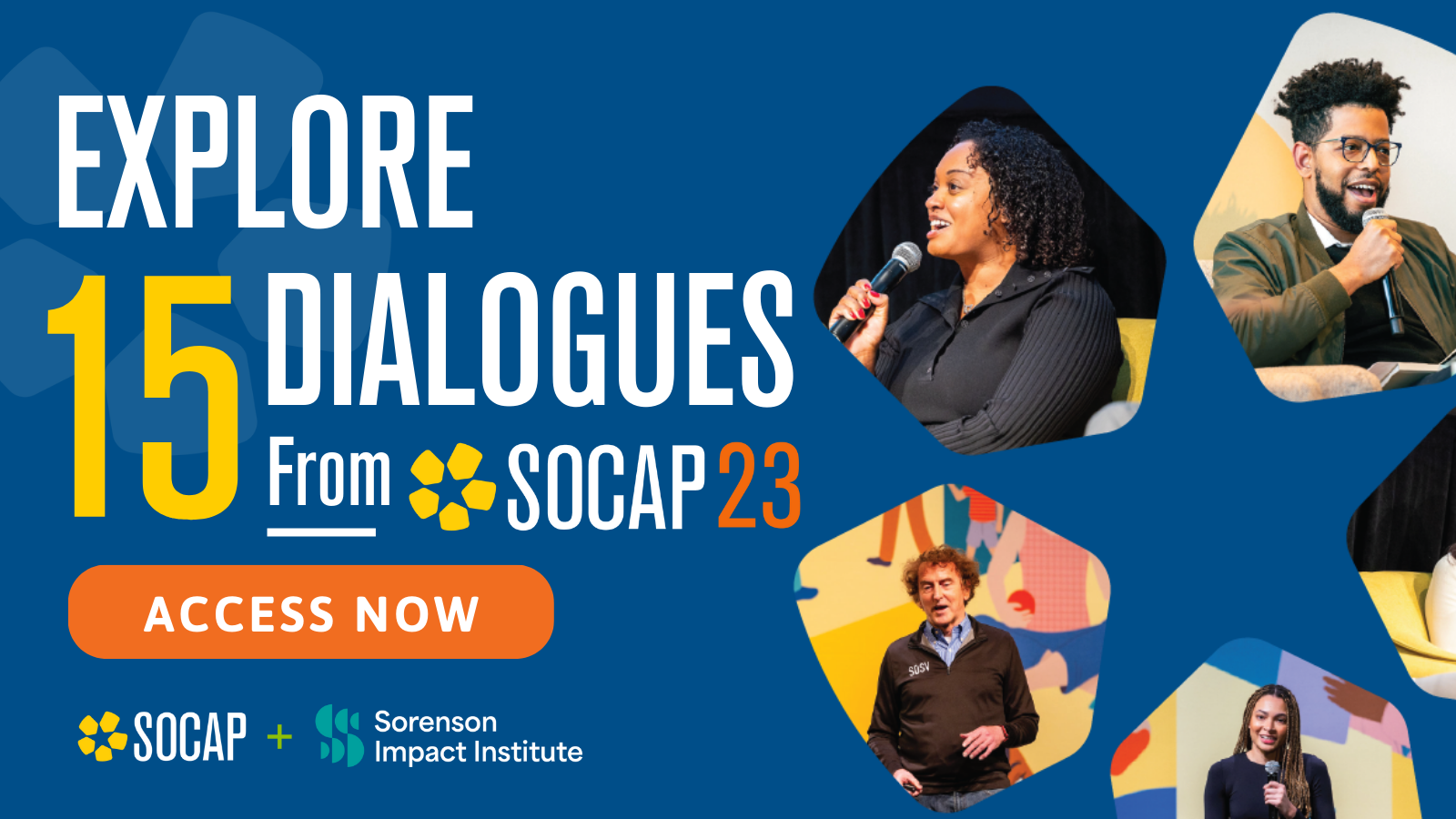“Greeting cards routinely tell us everybody deserves love. No. Everybody deserves clean water. “
Zadie Smith
We were sitting at one of our favorite restaurants, red from a day at the beach and giddy with the energy that comes from spending time with family you love. Our server was setting down drinks all around: Corona here, Margarita here, etc. As they got to my cousin, who was 14 at the time and put his Mexican soda down, he said, “Can I have a straw?”
This was one of the many restaurants in our town that had gone to the straw only on-demand model, so the server started reaching in their pocket to get him a straw. I waved for them to stop and looked at my nephew and said, “What? You hate turtles?”
Everyone laughed and we went on about our dinner.
A couple of months later, when my family had returned home, my aunt texted me that Trent, my cousin, had been spreading the word a school about the sea turtles and their ongoing battle with plastic straws. A group of middle school boys in Missouri had sided with the turtles and was championing their cause 1,000 miles from the ocean.
The next day I went through a locally owned chain place for an iced coffee. When I got to the window and said, “I don’t need a straw,” the teenager working the window said, “Oh! It’s you. When I asked you about this last time and you explained why you don’t take a straw, I thought that was so cool. I’ve started writing down every time someone refuses a straw, and I’m going to take it to my manager and see if we can only give people straws who request them – or maybe not have them at all!”
As if to wrap up this lesson from the Universe with a test, the following weekend I was at a friend’s house and pulled a metal straw out of my purse for my cocktail. Her partner said, “You know that you not having a plastic straw is not actually going to make a difference in climate change, right? If we never used another plastic straw again – in the whole world – do you think that would really make a dent in the mess we’ve created?”
I told him it’s not just about my actions stopping climate change. It’s also about the momentum it causes. If a 14-year-old in Missouri is spreading the word about plastic straws and a 16-year-old at a fast-food restaurant is running a tally for her manager, can you imagine the influence that can have? Converting them and watching them become evangelists against plastic at such a young age, that’s how we’ll change things.
This is because using another straw leads to never using another plastic bag leads to zero waste soap and shampoo bars leads to not buying a new outfit every time you have a special event leads to bamboo floors and a countertop made partially out of recycled water bottles in your vintage camper.
Except when it doesn’t.
For example, when a global pandemic comes, and you are trying to leave your house as little as possible, so you start using Instacart, and they bring your groceries in plastic bags. Or your local brewery is no longer doing growler fills for safety reasons, and they are doing crowlers instead, which means trash, and who knows if the city is even recycling those because you keep hearing that they aren’t.
Or the biggest offender of them all: when you have to move. We had barely used any plastic for 3 years. We found out we had to move suddenly and then it was like everything went out the window: box after box, moving paper for dishes, and rolls and rolls of tape all to be discarded when the move was over. Not to mention all the things you decide not to take with you and so you donate them or just toss them because they are pretty gross anyway.
Straws are a start. But my friend’s partner was correct. They aren’t going to do it on their own.
We need a shift in culture that permeates our lives in a way that not thinking about the effect on the climate becomes uncouth.
And, much like the mini-culture shifts I helped create in these two teenagers, the catalyst for widespread climate justice is people. It’s not just about the turtles, humans are also at war with climate change and plastic, and it’s time to side with humans, just as Sarah Sharif has.
Sarah is the founder of both Experimental Civics and the recent Capsule Hack. At just 30 years old, she’s already worked with numerous billion-dollar companies. As the director of ATX Hacks for Change, she mobilized 157 social innovation projects.
Talking with Sarah and researching her work made it clear that innovative products are great and a necessary step to furthering climate justice and addressing government regulations and rewarding good actors will go a long way towards incentivizing people to make good choices, but, if we want to propel climate justice into the mainstream and create substantial reversal of the damage, it has to be about the people.
As I always do, I asked Sarah a number of questions in order to get to the heart of the work she is doing and how it has the power to shift culture, increase positive impact, and spread abundance worldwide. What was different this time was that every answer, no matter the question, came back to people.
When I asked her specifically about the connection between economic justice and climate justice, she told me a story of being in Nepal, where she stood in line, in the heat, for three hours, with other people – just to wait for clean water. She told me that when she thinks about the connections between climate change and poverty, she thinks of those people – and others like them around the world – who don’t have the resources to survive the ramifications of climate change, such as monsoons, hurricanes, and flooding.
When Sarah talks about the big picture goals for Experimental Civics and Capsule Hack, she says, “How do we adapt our businesses? How do we innovate and launch solutions to truly be sustainable with the prize of saving human lives at the end of it all? How do we ensure that everybody has a fair chance at survival and the chance for a fulfilled, healthy, and sustained life?”
When asked (on a podcast) about the #1 book she would recommend for anyone to read, she gave two: Behave: The Biology of Humans at our Best and Worst, which, although she said she read in a couple of days, is 800 pages long and definitely a science book, and poetry. Yes, just poetry. I kept waiting for her to name her favorite poetry book as I sat mesmerized by this person who saw the salvation of the world in a densely written 800-page basket of scientific disciplines and poetry. But she didn’t name a poetry book, she just meant we need more of the kind of emotions and motivations that poetry gives our culture.
When Sarah discusses her success with events and how she’ll plan new things, she talks about the people: What cultures were represented? What age groups? What professions? Who has a seat at the table? Who is invited to be part of hacking a solution? Who isn’t?
After participating in an event in Oxford on Conservation Optimism, she gave her top three takeaways:
- Youth deserve more than a seat at the table: they are hungry for leadership, to be heard, to play a role, and to be taken seriously.
- We need to tell ALL the stories, the bottlenecks, and the breakthroughs: they all matter.
- We all need to remind ourselves that we are doing our best: All of this work is tremendous and meaningful.
Check. Check. Check.
Give a variety of people leadership roles, tell all the stories, and celebrate the people and the work along the way – this is the crux of intersectional social activism and will create more solutions than 1,000 unicorn tech companies.
It’s also the crux of the intention she infuses into everything she has done and is doing with her work. When she discussed intersectionality and inclusion in climate justice, she talked about her own multi-national identities and how she has learned to deeply love and embrace all the parts of who she is, as opposed to stifling some parts and elevating others. And when I asked her to tell me specifically how she approaches her work with intersectionality and infuses true inclusion, racial equity, and gender equality into it, she answered,
In everything I have ever touched or done in my career,
I have been extremely mindful about inclusion and what it means
to look at things at different intersections.
I’m an immigrant. I’m a womxn of 30. I’m a Millennial.
I’m South Asian and also British and also American.
I hold a lot of different identities and know that these identities hold many perspectives.
That is the intersectionality I take into every event I create.
Pretty much reads like poetry, doesn’t it?
It’s way more than a values statement or flowy bio. Data from her events show a wide range of cultures, races, genders, professions, and ages represented, playing full out, and being given permission to fail. This last part is one of the biggest game-changers I see in her methods. People who might not normally be allowed in the room don’t always feel like they have the luxury of failure once they are there. Sarah is intentionally building events and spaces that give everyone permission to fail because she knows that failure is a catalyst for innovation.
The original plan for Capsule Hack was to get 4,000 people in attendance and be in the Guinness Book of World Records, to show the magnitude of our climate issues. When she had to pivot from this large, in-person event in Austin, TX, to a virtual event (in less than 120 days, by the way), she went back to the people. She went back to that intersection of true inclusion that lives in her DNA and thought about how going virtual meant inviting a wider variety of voices to the table and telling a lot more stories. To be sure this was possible, they offered free or pay-what-you-can tickets in the regions that will likely be most affected by climate change and have the least power to combat it.
They also built the project teams to include people from a variety of professions and industries. Not only does this bring a diverse set of experiences and skills to the team, but according to Sarah, it’s key to have people who are thinking about things other than prototyping. Success requires incorporating finances, research processes, product management, testing, implementation, and marketing. In order to do that well,
you have to have a wide range of actors with an incredibly diverse set of skills and resources working together.
Over 2 days, they had 385 people from 31 countries. Of the attendees, 54.7% identified as female, 41.8% as male, .7% as non-binary, and .7% as two-spirited. Between them they submitted 44 Project Ideas and 22 Finished Project Reports, and 3 projects were awarded prizes and the opportunity to work ongoing with partners, participate in accelerators, and more.
When questioned about why the event was named Capsule, Sarah shared that she wanted Capsule Hack to be an event: one of those moments in time that you don’t forget. She was thinking about moments in time and the Millennium time capsules many people buried. She said, “They were a moment that represented today and gave a gift for the future. That’s what we are creating with Capsule: a snapshot of today, a gift for the future, and a celebration of how we all came together. This is the legacy we are leaving for future generations.”
When these people of the future look back at how we won the battle with climate change, the stories and photos of Sarah Sharif’s role will be full of diverse groups of people who came together to take the side of humans over all else.
Following her lead and anchoring all of our work in a way that supports the people impacted by it, elevates their ideas, and creates as space for us to all take action is the only way we have a chance to be the victors – and to have a future for any of us.
Please visit Experimental Civics today to learn more about the important work that Sarah is doing, including sample problem questions and solutions they have implemented.







